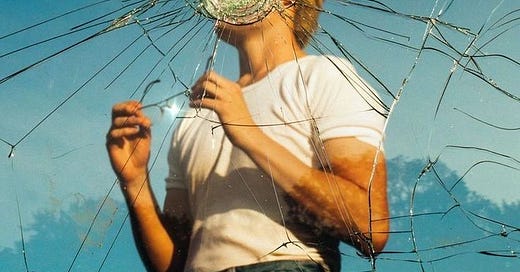In 1997, a researcher at the University of Wisconsin conducted an experiment with hiring managers. Two identical resumes. One with a headshot of a conventionally attractive applicant. The other, an average-looking candidate. Everything else was the same. Guess which one got the callback?
It wasn’t close.
Now imagine that same experiment running every day. On screens. In offices. On dating apps. On Zoom calls. On timelines.
This is lookism.
And today, it has replaced class, caste, and pedigree as the most invisible gatekeeper of opportunity.
At first glance, it feels harmless. People have always admired beauty. But there’s a difference between admiration and filtration. And we now live in a world where filtration wins.
Historically, societies ranked people. India had caste. Europe had nobility. America had race. Power concentrated around markers you couldn’t escape. Today’s hierarchy runs on a different fuel.
It’s subtle. Algorithmic. Performative.
Your position in this system depends on your ability to conform.
To pass the front camera test.
To appear symmetrical in fluorescent light.
To shrink, smoothen, brighten.
To smile without creasing.
To appear youthful on demand.
In ancient India, caste fixed your rank.
Now, pixels do.
And this is no longer limited to dating. It shapes credibility.
Studies show attractive people are more likely to be seen as intelligent, competent, persuasive. Beauty becomes a proxy for trust.
On LinkedIn, selfie posts move faster.
In media, heroes still resemble Hrithik Roshan.
Even in business, appearance influences perception of potential.
In India, this begins long before the camera.
Matrimonial ads defined the checklist.
Wanted: Fair, slim, convent-educated.
Fairness creams were handed out as preparation, not choice.
Today, the matrix is global.
The Delhi girl in a Zoom call.
The Tokyo boy on Tinder.
Same filters. Same jawline. Same erasure of difference.
And the paradox is sharp.
We know the images are edited.
We know the influencers are staged.
Yet the pressure deepens.
Awareness does not free us.
It simply adds shame to inadequacy.
This is the digital boomerang.
Truth seen. Truth absorbed. Truth weaponised against the self.
Lookism behaves like caste.
It whispers instead of shouting.
Withdraws instead of punishing.
You don’t get blocked. You just get ignored.
The tragedy isn’t that beauty holds power.
It’s that we’ve made it the price of being seen.
So here’s the larger idea.
What if beauty was meant to be witnessed, not won?
Found in a scar. A wrinkle. A pause. A softness.
What if the camera stopped deciding who gets dignity?
What if we rewired the lens?
Because when beauty becomes the test,
society builds mirrors that only reflect what’s missing.
And forgets the simplest truth -
The most extraordinary people
rarely fit the frame.



